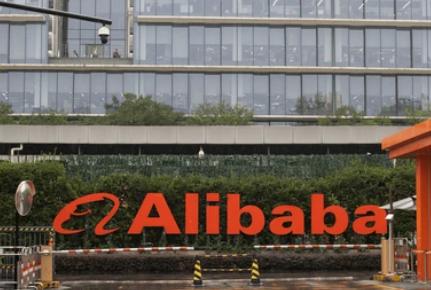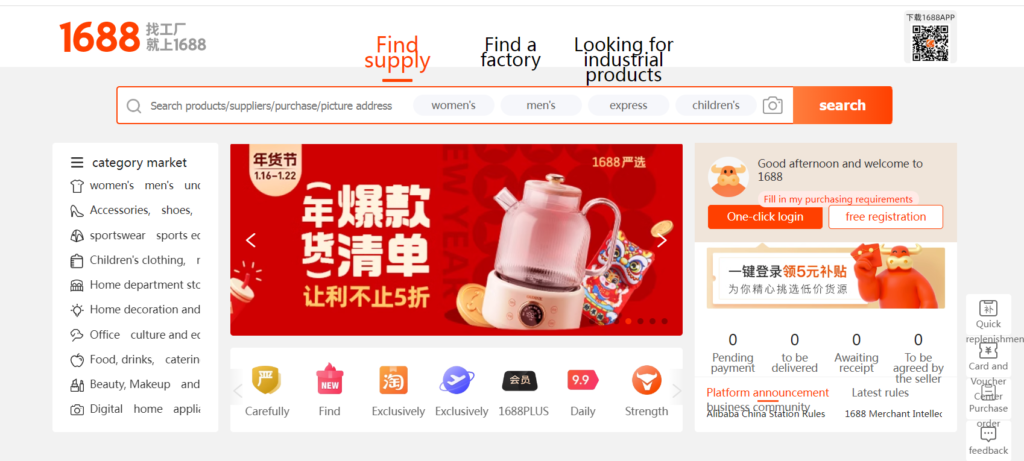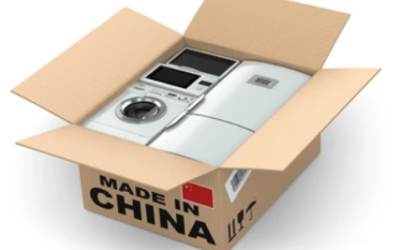User-Friendly Showdown: 1688 vs Alibaba

Introduction
In the ever-evolving landscape of global commerce, choosing the right online platform for your business is crucial. Today, we delve into a User-Friendly Showdown between two giants in the industry: 1688 and Alibaba. Both platforms boast extensive offerings, but understanding the nuances can make all the difference in optimizing your online presence.
Unveiling the Power of 1688
1688 Overview
Starting our journey with this B2B platform hails from the powerhouse Alibaba Group, designed primarily for the Chinese market. While its interface may seem daunting to non-Chinese speakers, the platform’s vast array of suppliers and manufacturers caters to businesses worldwide.

User Interface and Accessibility of 1688
One aspect that sets 1688 apart is its focus on Chinese manufacturers. The interface may pose a language barrier, but for businesses seeking direct access to Chinese suppliers, this platform is unparalleled. The product listings are extensive, giving users a comprehensive view of available goods.
Pricing and Negotiation of 1688
1688 provides a unique opportunity for businesses looking to cut costs by directly negotiating with manufacturers. The platform encourages communication, allowing for customized deals that may not be as feasible on other platforms.
The Alibaba Advantage
Alibaba Unleashed
Now, turning our attention to Alibaba, this global giant has established itself as a go-to destination for businesses worldwide. Let’s explore the elements that make it a powerhouse in the e-commerce realm.
Global Accessibility
Unlike 1688, Alibaba caters to a global audience with a more user-friendly interface. English language support and a seamless navigation system make it an ideal choice for businesses looking to tap into international markets without the language barriers.
Diverse Product Range
Alibaba’s strength lies in its diverse product range. From electronics to textiles, businesses can find virtually anything on this platform. The sheer volume of options opens up new possibilities for entrepreneurs seeking variety in their product offerings.
Secure Transactions
Alibaba’s established global presence brings with it a robust security infrastructure. With built-in trade assurance and secure payment systems, businesses can confidently engage in transactions, mitigating the risks associated with international trade.
Choosing the Right Platform for You
Tailoring Your Choice
The decision between 1688 and Alibaba ultimately boils down to your business’s specific needs and objectives. Consider the following factors to make an informed choice:
- Geographic Focus
If your business primarily targets the Chinese market, 1688 may offer a more direct route to local manufacturers.
For global ambitions, Alibaba’s international reach and user-friendly interface make it a strong contender. - Language Barrier
If you have the capacity to navigate the language barrier and negotiate directly with Chinese manufacturers, 1688 can be a cost-effective option.
For those prioritizing ease of communication, Alibaba’s English support and global accessibility may prove more advantageous. - Product Diversity
Consider the nature of your business and the variety of products you intend to offer. Alibaba’s expansive product range might align better with a diverse inventory.
For businesses with a specific focus and the need for customization, 1688’s direct access to manufacturers may be more beneficial.
Conclusion
In the User-Friendly Showdown between 1688 and Alibaba, the winner isn’t clear-cut. It depends on your business’s unique requirements. While 1688 offers direct access to Chinese manufacturers, Alibaba’s global accessibility and diverse product range make it a formidable competitor.
In the end, understanding your business’s geographic focus, capacity to navigate language barriers, and product diversity needs will guide you to the platform that best aligns with your goals.
Recent Posts
- Budget-Friendly Imports: Strategies for Cost Control When Importing Goods From China
- Bridging Cultures: Navigating Cultural Aspects in China Imports
- Guide to working with a sourcing agent in China for startups
- How China Sourcing Agents Can Transform Your Business
- Exploring the Benefits of Collaborating with a China Sourcing Agent







Recent Comments